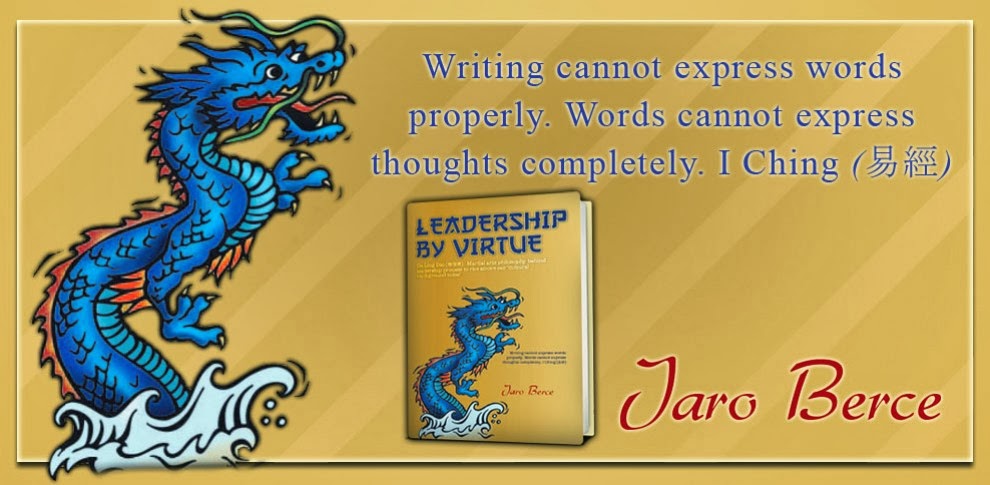Yoga is known as a still meditation technique as opposed to Tai Chi, which is a moving one. As opposite to India where food and temperatures could allow yoga Tai Chi in China evolved differently but with the deep, profound and meaningful theory.
 Many of you think of Tai Chi as an exercise normally practiced by older people. You have probably seen it as such practiced in Chinese parks. It looks so benevolent and an easy practice and is probably a reason why it rarely attracts young people to begin practicing it. Very few people see Tai Chi as a martial art that can be very efficiently used to protect life. Some blame for it can be put on numerous schools where Tai Chi is practiced just as a type of coordinated movements with health improvement in mind. It is a type of Tai Chi learning by practicing form(s) only. Bare hand practice is just one of various aspects of Tai Chi. Still available practice may use sword, saber, spear and staff, up to ball, and ruler. It is also true that some of training with those tools is not worldwide spread as there are very few masters who still know and practice them.
Many of you think of Tai Chi as an exercise normally practiced by older people. You have probably seen it as such practiced in Chinese parks. It looks so benevolent and an easy practice and is probably a reason why it rarely attracts young people to begin practicing it. Very few people see Tai Chi as a martial art that can be very efficiently used to protect life. Some blame for it can be put on numerous schools where Tai Chi is practiced just as a type of coordinated movements with health improvement in mind. It is a type of Tai Chi learning by practicing form(s) only. Bare hand practice is just one of various aspects of Tai Chi. Still available practice may use sword, saber, spear and staff, up to ball, and ruler. It is also true that some of training with those tools is not worldwide spread as there are very few masters who still know and practice them. The bare handed Tai Chi is a set of eight hand movements and five leg movements. Hence it is sometimes called the thirteen techniques. The eight fundamental Tai Chi hand movements are: warding off, rolling back, pressing, pushing, spreading, taking, elbowing, and leaning. The five fundamental leg movements are: moving forward, moving back, moving to the left, moving to the right, and remaining in the center.
The bare handed Tai Chi is a set of eight hand movements and five leg movements. Hence it is sometimes called the thirteen techniques. The eight fundamental Tai Chi hand movements are: warding off, rolling back, pressing, pushing, spreading, taking, elbowing, and leaning. The five fundamental leg movements are: moving forward, moving back, moving to the left, moving to the right, and remaining in the center.Tai Chi and all Chinese martial arts are not something that a person could grab instantaneously. They are meant as a lifelong learning and developing and definitely not something to grasp or understand immediately or even learn in the first hour. It took me more than ten years to do the form alone. I still may need a suggestion or external help.







